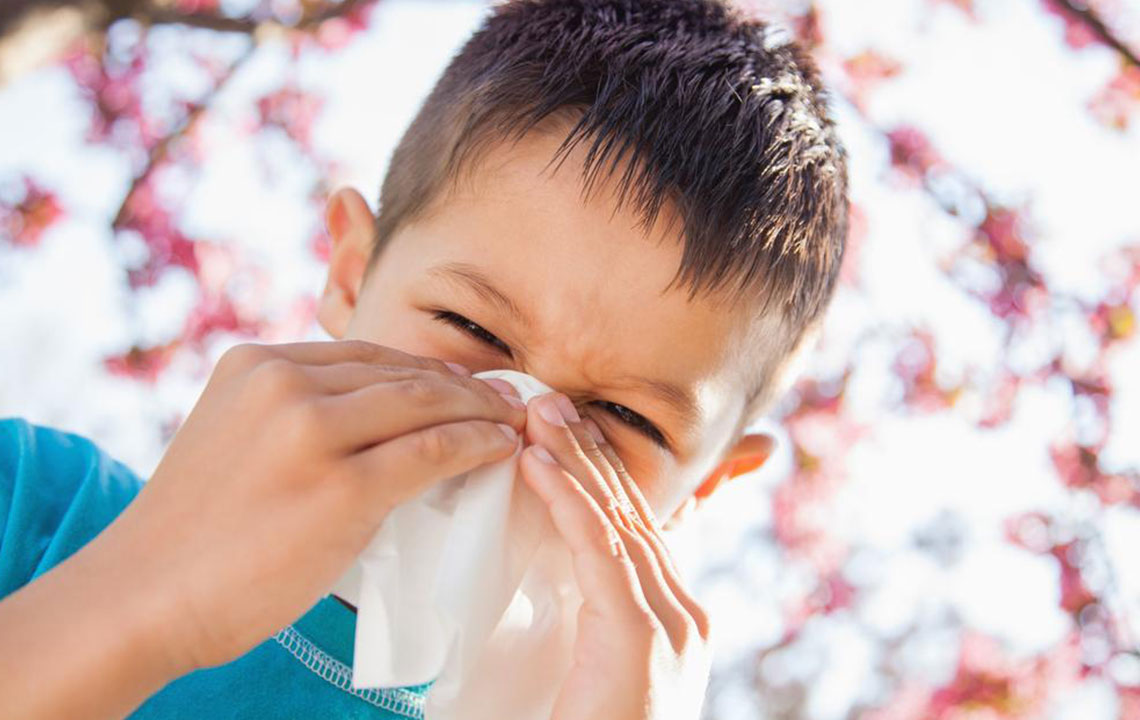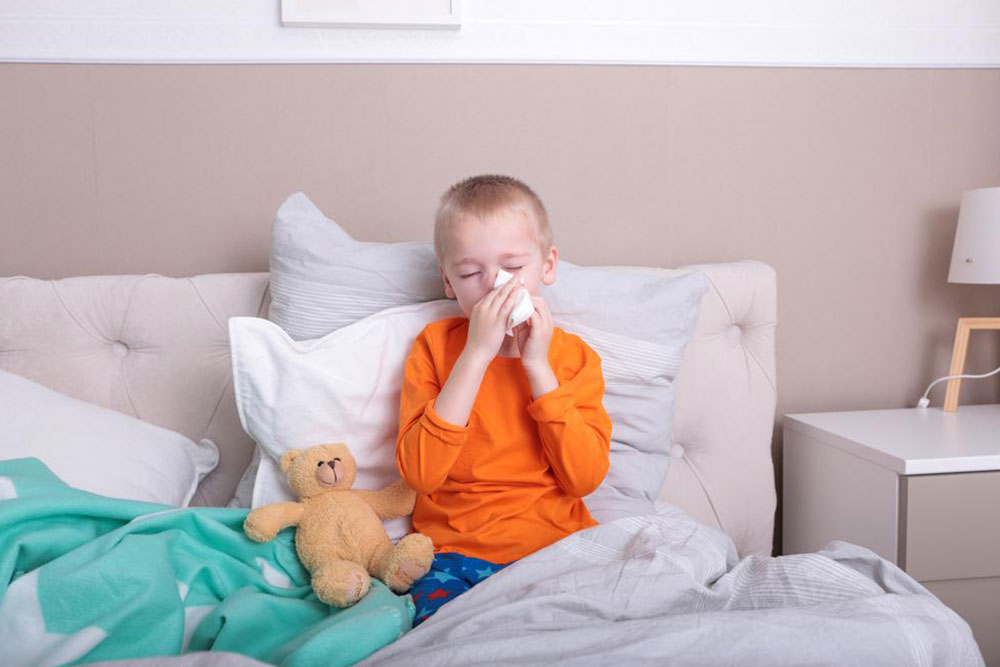Effective Strategies for Managing Children's Allergic Rhinitis
Discover effective methods to manage allergic rhinitis in children, including maintaining cleanliness, natural remedies like ginger and turmeric, and lifestyle adjustments. Consult healthcare professionals for personalized advice to ensure safety and efficacy.

Effective Strategies for Managing Children's Allergic Rhinitis
Allergic rhinitis in children can lead to discomfort, including sneezing, nasal congestion, and itching, often due to a weakened immune system and dust sensitivity. Taking proactive steps can significantly alleviate symptoms.
Here are some practical tips for treating allergic rhinitis in kids:
Maintain Cleanliness in the Bedroom
Regularly wash bedding, curtains, and linens in hot water to reduce dust mites, which are common allergens for sensitive noses in children.
Ginger Infusion
Prepare a soothing ginger drink by boiling a tablespoon of freshly grated ginger with cloves and cinnamon in water. Once boiled, add honey or lemon for flavor, and serve your child for quick relief. Chewing small pieces of ginger throughout the day can also help control allergy symptoms.
Turmeric Supplements
Doctors often recommend turmeric supplements to boost immunity and prevent allergic responses. You can also include turmeric in meals or give natural turmeric water to your child for added benefits.
Apple Cider Vinegar Drink
Mix two teaspoons of organic apple cider vinegar with water and honey, then give this mixture to your child three times daily. It may help reduce allergy severity when consumed regularly.
Moderate Physical Activity
Intense exercise can trigger allergy symptoms and breathing difficulties. Limit strenuous activities if your child experiences these issues. Consult a healthcare professional for personalized advice.
Additional precautions include keeping children away from chalk dust at school, avoiding dust-accumulating plush toys, and considering emergency use of epinephrine only under medical supervision.










